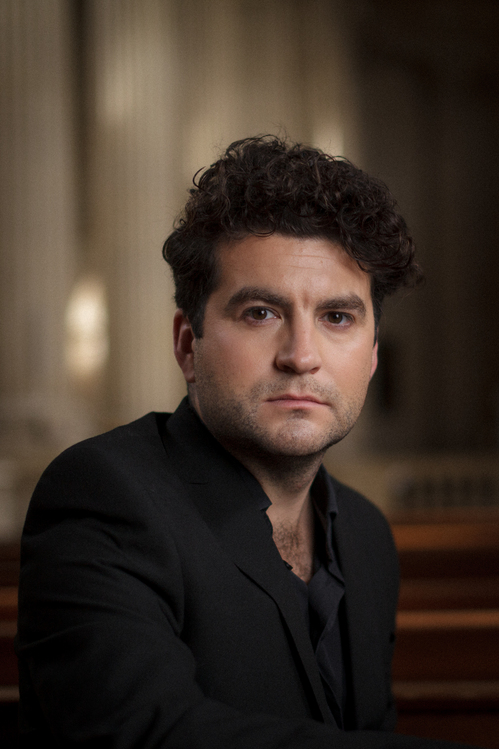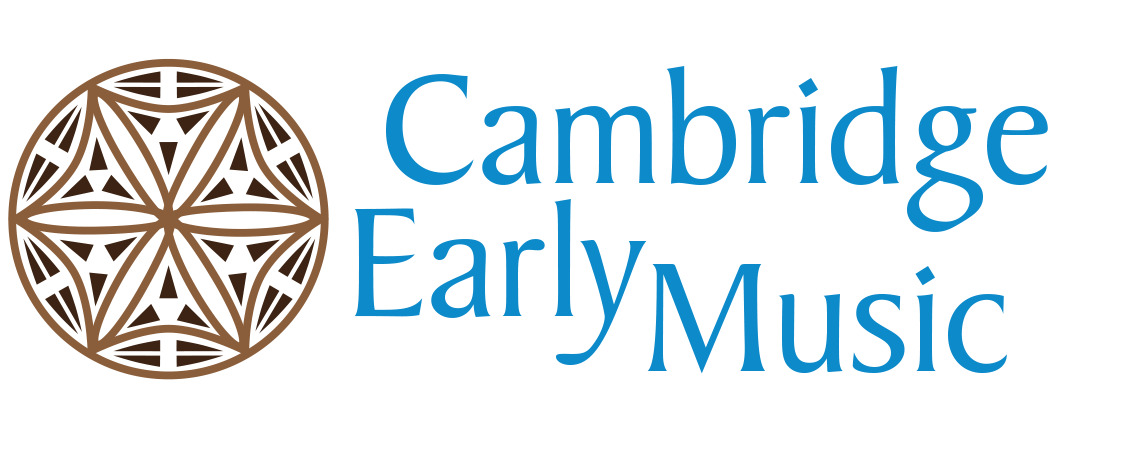
Hear David in ‘Heinrich Schütz: A German in Venice’ on 6 November.
What were your first musical experiences as a child?
My parents had a piano at home, so I used to bash that as a toddler (it certainly couldn’t be described as playing) and I remember singing in church and at primary school
Who has been the biggest musical influence on your life?
It’s difficult to pick one specific person – over time various teachers, choirmasters, coaches, conductors, fellow singers and instrumentalists have all had an effect on my development as a musician. I would say that being a chorister at Westminster Cathedral and performing at a high level at an early age was certainly an important factor in me ending up in the music profession.
What music do you enjoy listening to outside of work and performance?
If I listen to live music in person, it will normally be classical, opera or jazz, but at home, I listen to BBC Radio 6 Music which I find relaxing and also interesting and informative too. I can’t constantly be living in the world of classical music otherwise I’d go mad!
What has been the most memorable performance you have given?
I always find it special when I sing the evangelist in the Bach passions and Christmas Oratorio. Something about the drama in the music just makes it thrilling to perform. I’d say that one performance that really sticks in the mind is the world premiere of Michael Finnissy’s Tom Fool’s Wooing in about 2016 with EXAUDI Vocal Ensemble in Milton Court Concert Hall for the composer’s 70th birthday. The atmosphere in the hall just after the piece had ended was incredible.
How did you come to be involved in this ensemble?
I’d performed with The Brook Street Band at their love:Handel festival in Norwich and I approached Tatty [Theo] with the idea for this project back in the dark days of Covid-19 lockdown. Thankfully she was enthusiastic about the idea and this project was born.
What should the audience expect from your concert at CEM?
Lots of notes! Some of which appear in the score and some that don’t. It’s quite a virtuosic programme for both instruments and voice – it’s basically vocal gymnastics. It’s a predominantly joyful recital with some moments of stillness, repose and reflection but also intensity too.
What is your favourite part of this programme?
There’s a continuo and voice piece called Stabat Mater by Giovanni Sances which is very raw and emotionally charged. It’s relatively unknown and the flagrant false relations reflect the desperation of the text brilliantly
Do you have connections to Cambridge?
I’ve performed in Cambridge many times before, with Shadwell Opera when still a student, English Touring Opera and other groups too.
Which other concerts at this year’s CEM would you most like to attend and why?
Definitely Schütz’s Musikalishce Exequien. It’s rarely heard but it’s one of Schütz’s great gems, rather in the style of Buxtehude’s Membra Jesu Nostri.
